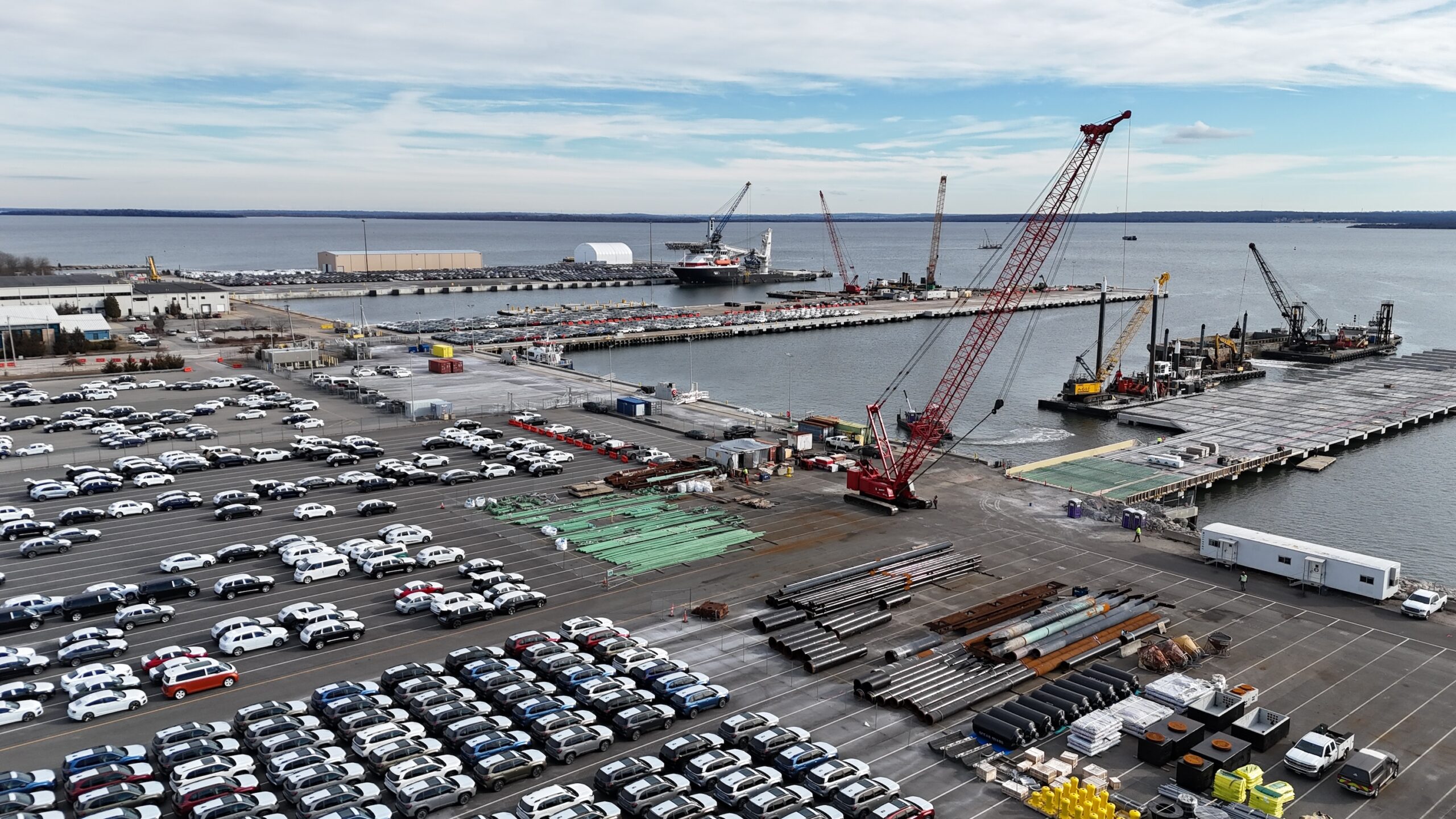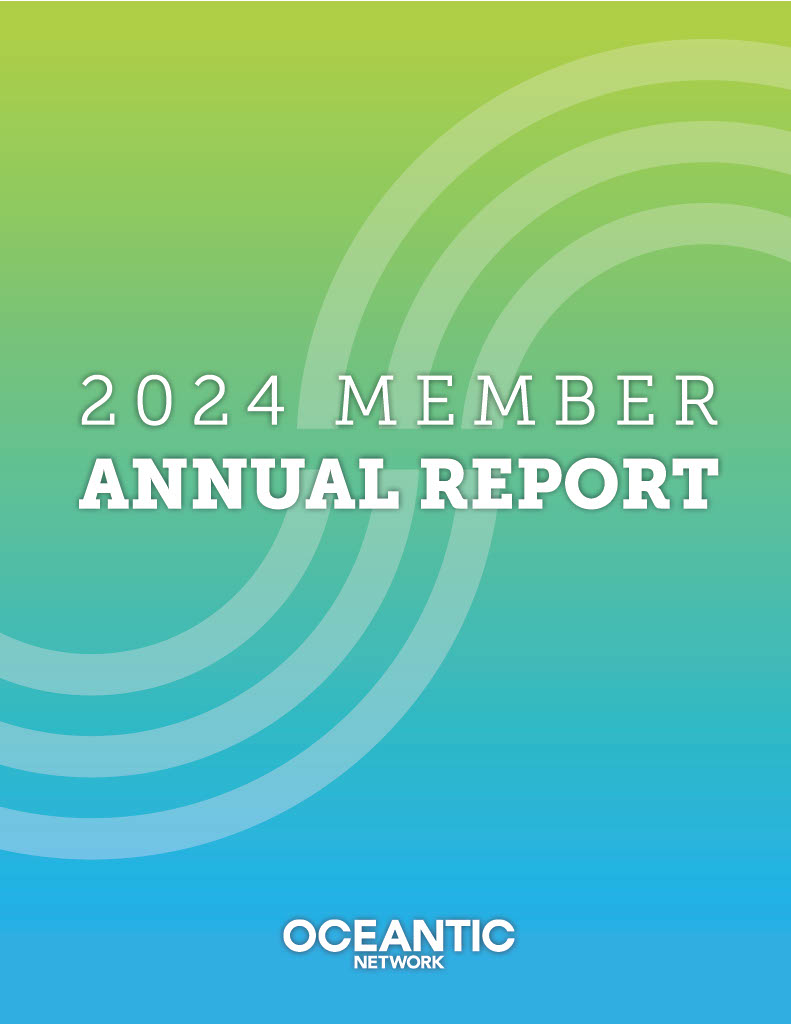Oceantic Network’s report outlines key findings for utilizing U.S. offshore wind industry environmental data to speed deployment schedule
For Immediate Release: September 11, 2023
Media Contact: Luke Jeanfreau | [email protected] | 504-302-8079
BALTIMORE – Oceantic Network today released a new report, Building a Collaborative Data Strategy for the U.S. Offshore Wind Industry, which highlights the need for and benefits of developing a strategic, industry-wide approach to collecting and using environmental data in the offshore wind sector. Authored by the Network’s Data & Digitalization Working Group, the report outlines the positive impact a collaborative approach would have on offshore wind development in the U.S., making the case for widespread data sharing to increase efficiency industry-wide.
The U.S. industry has ramped up construction, recently celebrating steel in the water on the first two commercial-scale projects, and now sits at a crucial tipping point. It has become increasingly important for industry stakeholders to consider offshore wind as a collective, critical energy infrastructure system that requires collaboration on data collection strategies that allow the industry to work together to improve maintenance procedures, turbine efficiency, and cost projections.
“Building a robust U.S. offshore wind market needs an equally robust permitting system that moves projects along in a timely manner and protects the environment.” said Liz Burdock, president and CEO of the Oceantic Network. “Better data is the answer, and this report illustrates the opportunity and urgency for the industry to chart a path towards an environmental data strategy. Harnessing data shared in a collaborate fashion can cut down on the permitting timeline and ensure greater environmental stewardship, building public confidence and fostering greater investor confidence in the U.S. market.”
The Report’s key findings include:
- The high value of data to developers has caused some of the current work to collect such information to be done in private, making data less accessible to industry stakeholders.
- The industry needs to approach a strategy for environmental data collection, storage, and sharing on a larger, more comprehensive scale to support industry-wide learning, overcome obstacles, and make the permitting process more efficient.
- Standardization in data collection is key to ensuring that all stakeholders are able to make full use of lessons learned.
“This report lays out a critical first step toward a collaborative environmental data strategy for the U.S. offshore wind industry,” said Aybala Sen, data and research manager at the Oceantic Network and co-author of the report. “Identifying both data challenges and opportunities as well as working collaboratively to outline a path forward is necessary to the widespread and enhanced use of offshore wind data, and ultimately, the industry’s overarching success.”
Additional Information:
For more information or to arrange an interview with the Network, contact Luke Jeanfreau at [email protected] or 504-302-8079.
###
As a non-profit organization, the Oceantic Network’s driving purpose is to inform, coordinate, and mobilize human ingenuity, enterprise, and labor to take advantage of the urgent need to tap the vast offshore wind and renewable energy resources that lie in the world’s oceans. The collective, coordinated efforts of our 600+ members equip communities and nations to accelerate the transition to clean energy and create economic opportunities.



